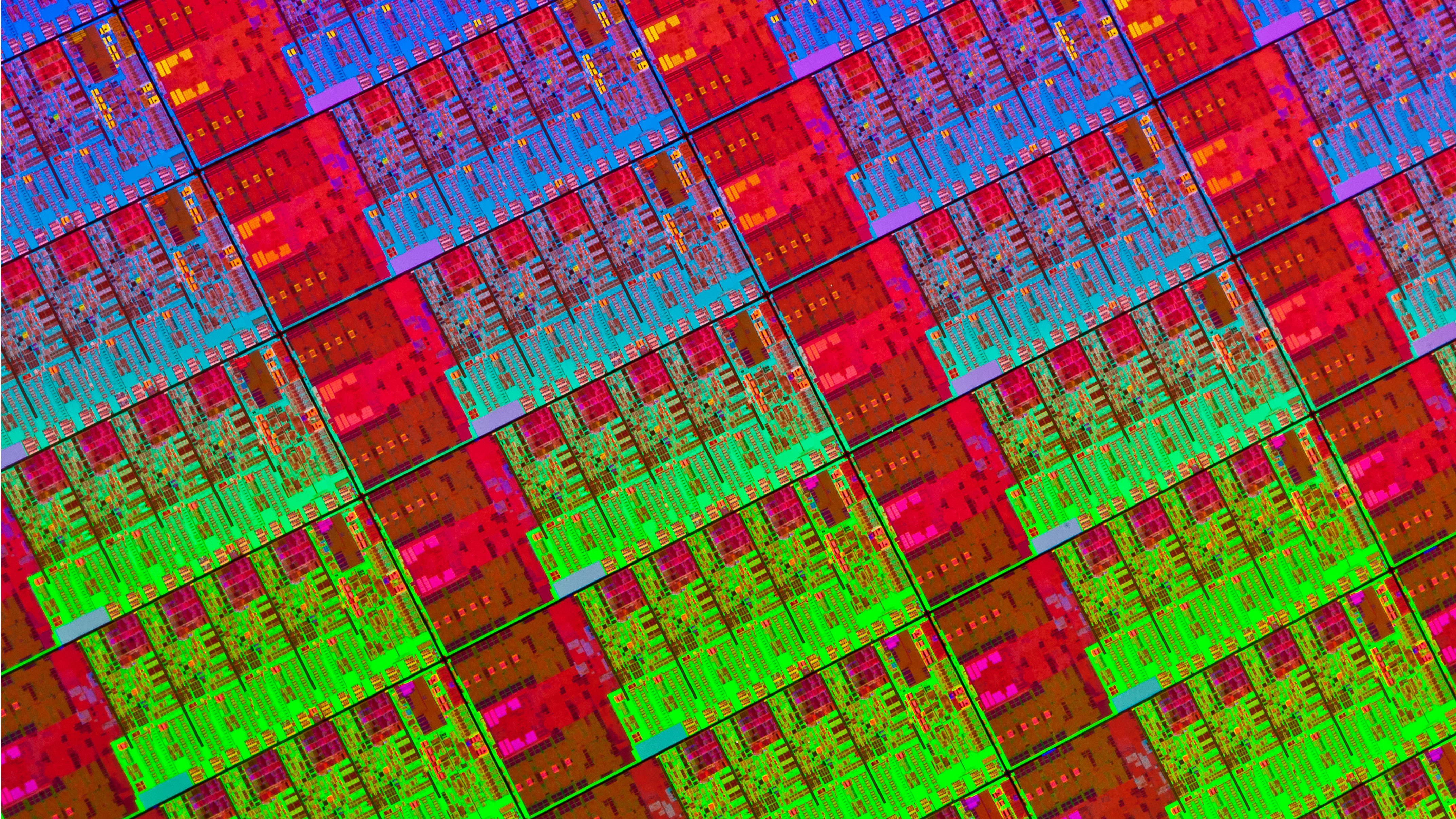45 years of Intel: but can it keep pace with portability?
Intel celebrates four and a half decades

Intel's 45 today: the Intel Corporation - Intel's a portmanteau of Integrated Electronics, although it was nearly called Moore Noyce after its founders Gordon E Moore and Robert Noyce, a decision that was abandoned when they realised it sounded like "more noise" - was founded in 1968.
Today we think of Intel as a processor firm but it started off making memory, and while it marketed its first microprocessor in 1971 there was a period where its future appeared to be not in processors, but in digital watches.
But Intel's processors hit the big time with the arrival of the IBM PC, which turned out to be quite popular: the combination of Intel processors, PC-compatible hardware and Microsoft operating systems would dominate computing for three decades.
It's amazing how far we've come, both in terms of engineering and what that engineering has enabled us to do. We've gone from computers that were little more than glorified adding machines to astonishingly powerful devices of all shapes and sizes - and that has changed the world.
Harder, better, faster, stronger
Intel's Gordon E Moore created Moore's Law, the prediction that transistor counts on integrated circuits would double every two years, and we saw that prediction take effect not just in processing power but in storage capacities and camera megapixels too.
The acceleration of technology took us from 8086 to 286, 386 to 486, 486 to Pentium and onto multi-core processors in the blink of an eye, and we've long since passed the stage when PCs weren't powerful enough for the things we wanted them to do.
That turned out to be something of a Pyrrhic victory for Intel, though: in recent years the battlefield hasn't been about power, but portability.
Sign up to the TechRadar Pro newsletter to get all the top news, opinion, features and guidance your business needs to succeed!
The tablet and smartphone, not the PC, have become many people's primary computing devices. As Jeremy Laird wrote recently, "the desktop CPU war is over... it's all about ultramobile."
PC sales have been in the longest, steepest decline in the industry's history, and in some emerging markets the PC is being bypassed altogether as people buy tablets as their first computers.
Should that cast a cloud over the birthday celebrations? We don't think so. The PC market may be shrinking but it's still pretty big and largely Intel-powered, and while Intel-powered tablets haven't quite set the world on fire we have high hopes for Haswell.
Some of our happiest computing experiences had Intel inside; here's to many more.
Contributor
Writer, broadcaster, musician and kitchen gadget obsessive Carrie Marshall has been writing about tech since 1998, contributing sage advice and odd opinions to all kinds of magazines and websites as well as writing more than twenty books. Her latest, a love letter to music titled Small Town Joy, is on sale now. She is the singer in spectacularly obscure Glaswegian rock band Unquiet Mind.
